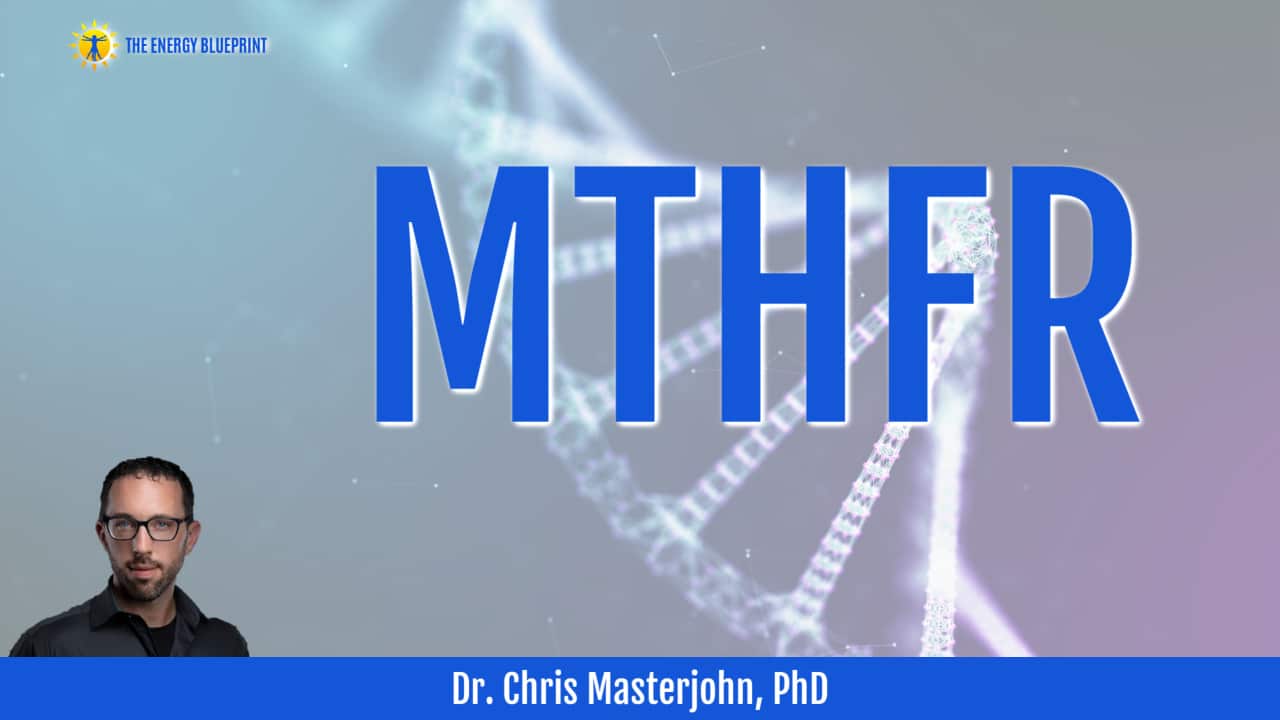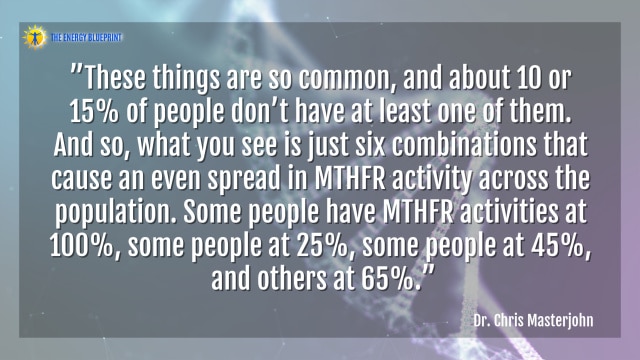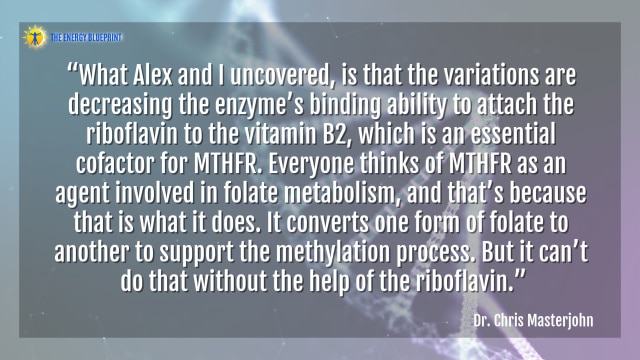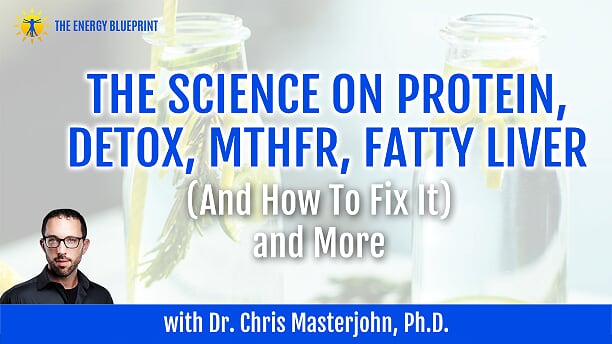 In this episode, I am speaking with Dr. Chris Masterjohn – who has a Ph.D. in nutritional sciences and is widely recognized as one of the world’s top experts in nutritional biochemistry – about the science on MHTFR and how you can make the enzyme work optimally.
In this episode, I am speaking with Dr. Chris Masterjohn – who has a Ph.D. in nutritional sciences and is widely recognized as one of the world’s top experts in nutritional biochemistry – about the science on MHTFR and how you can make the enzyme work optimally.
The demographics on MHTFR polymorphisms

A lot of people on the functional medicine health sphere has, at some point, had their genes checked. They have been told that they have specific MTHFR variants. Unfortunately, many now convince themselves that they are part of the 2% of the population who has a terrible genetic disease.
However, when you look closer at the data, you will see that around 85-90% of the population have some MTHFR variation. And the most common reason why most people “don’t have it” is because they haven’t had their genes checked.
Key Point: Up to 90% of the population has one or more of the different MTHFR variants.
The Amazingly Simple Way To Balance MTHFR

The role of MTHFR is to transform one form of folate to another to support the methylation process. One of the essential cofactors for this is the ability to bind the riboflavin to the B2 vitamin. When you have a MTHFR variant, the ability to link these 2 compounds together is decreased.
If the enzyme has a lower binding affinity for riboflavin, then you’re more likely to have more MTHFR that are not bound to riboflavin and is not functional at an average base level of riboflavin. If you only eat the daily recommendations for riboflavin but your needs – due to the MTHFR variant – are higher, you will always be in deficit. Fortunately, studies show that the best way to mitigate this is to increase riboflavin intake.
These findings all line up very well supporting the idea that some of the lower activity is a direct result of deficit riboflavin levels, and you can fix it by just getting enough riboflavin.
Now, it doesn’t mean that methylation is only about riboflavin. Just having regular MTHFR activity does not excuse you from needing nutritional support for your methylation. But it may well be the case that the first and foremost thing we should be thinking about with MTHFR is getting enough riboflavin.
Key point: One of the main reasons for low MTHFR function is the inability of the enzyme to bind to riboflavin properly. A person with MTHFR variations may need higher levels of riboflavin to optimally function. Increasing riboflavin may very well be the first thing to take into consideration when you have an MTHFR variation.
Summary
The MTHFR polymorphism is more common than you think. Up to 90% of the population has at least one variation.
When you have an MTHFR variation, your body’s ability to bind riboflavin to vitamin B2 is decreased, and you likely have a poor riboflavin status. However, studies now show that by merely increasing the riboflavin levels, MTHFR may have enough to work optimally.
Increasing riboflavin is not the only factor for optimal methylation – you should still make sure to support the process through nutrient-rich food consumption – but it may well be the first step to consider.





